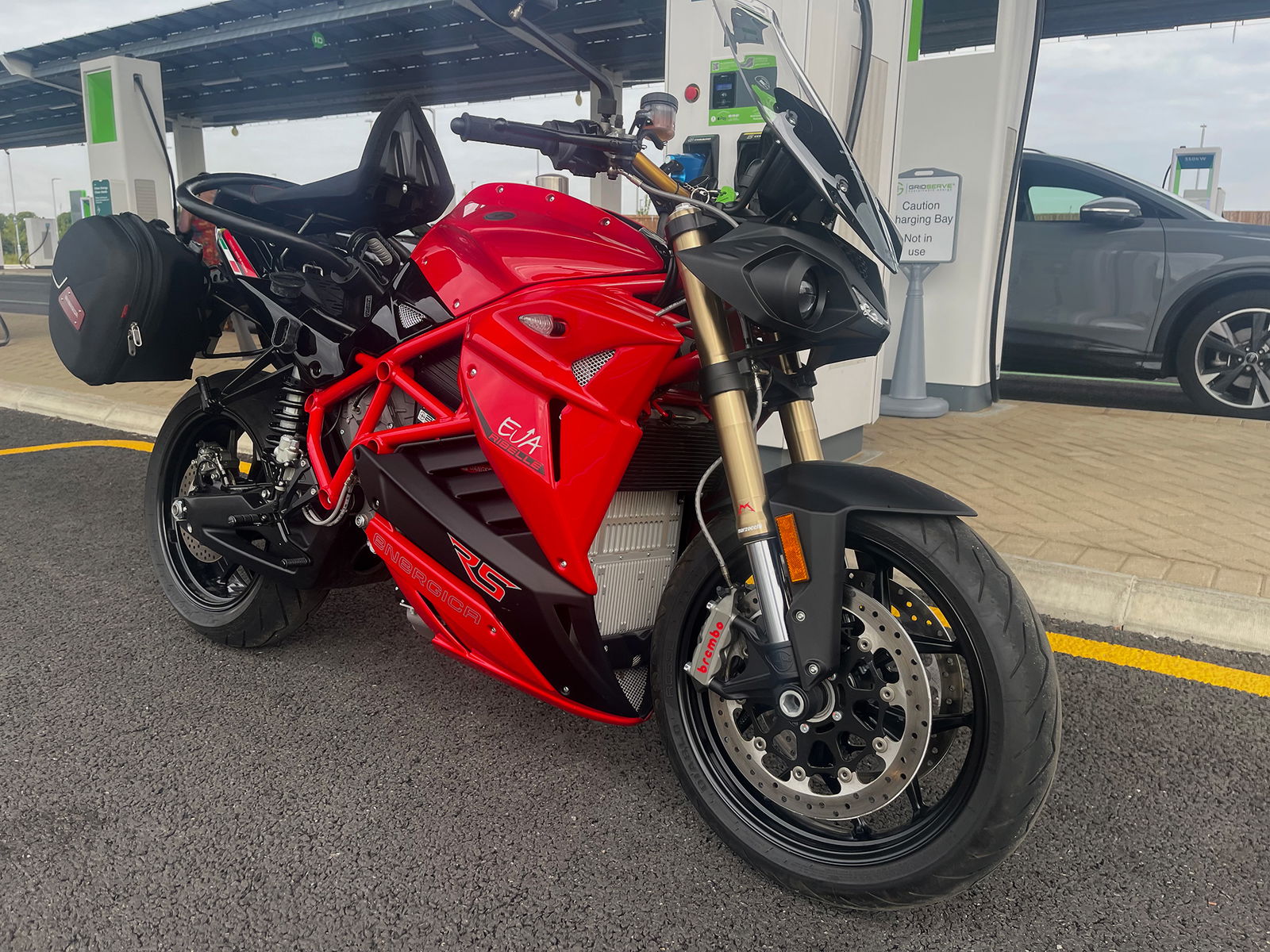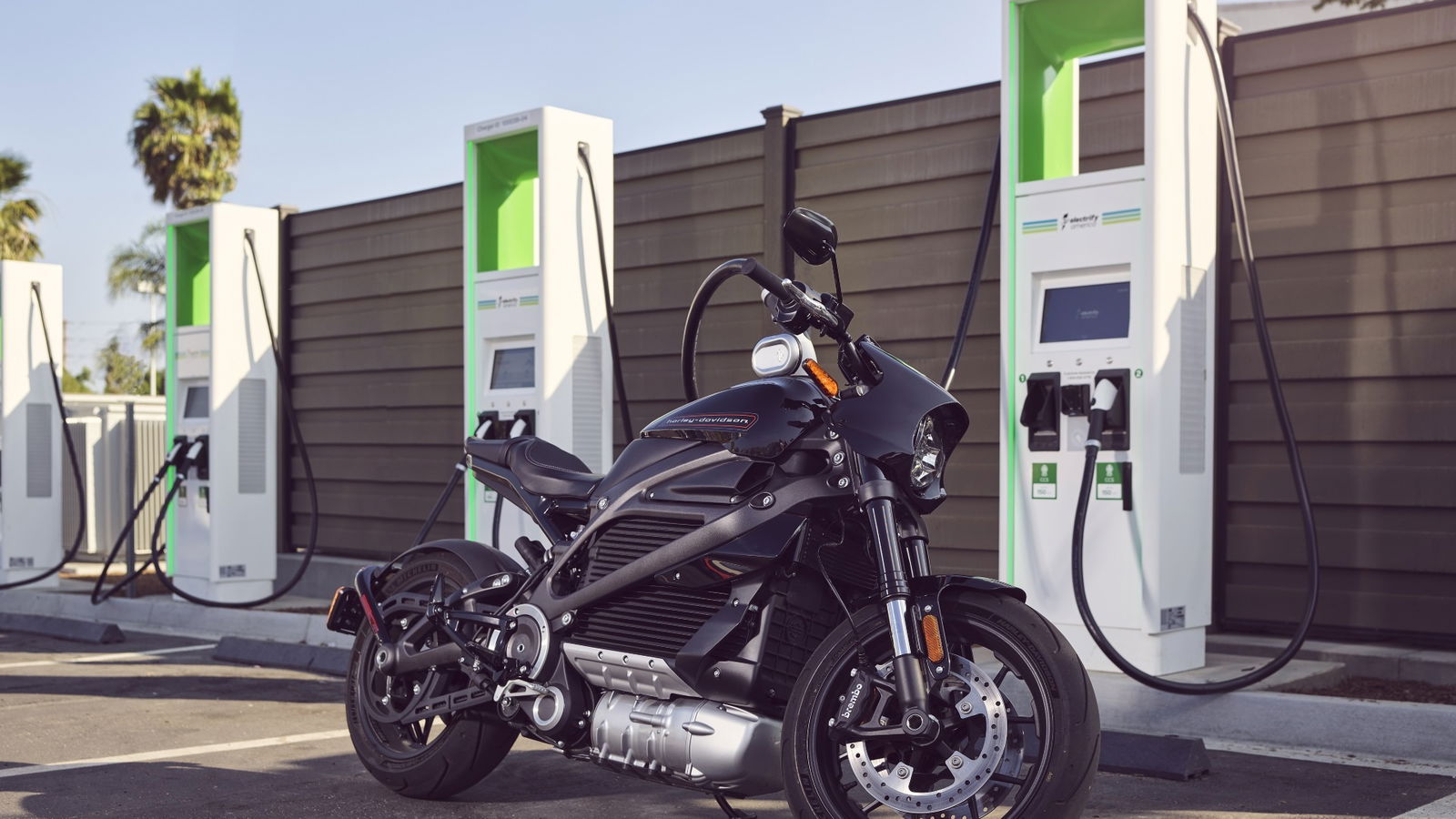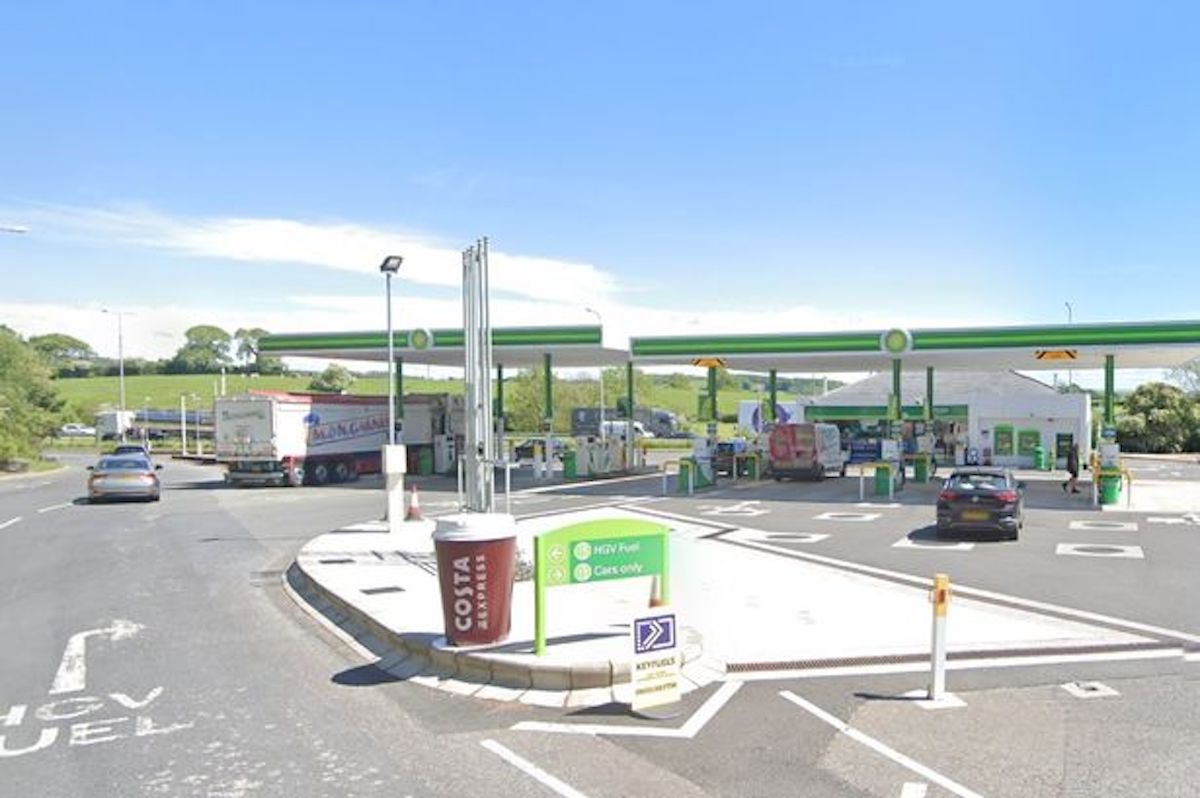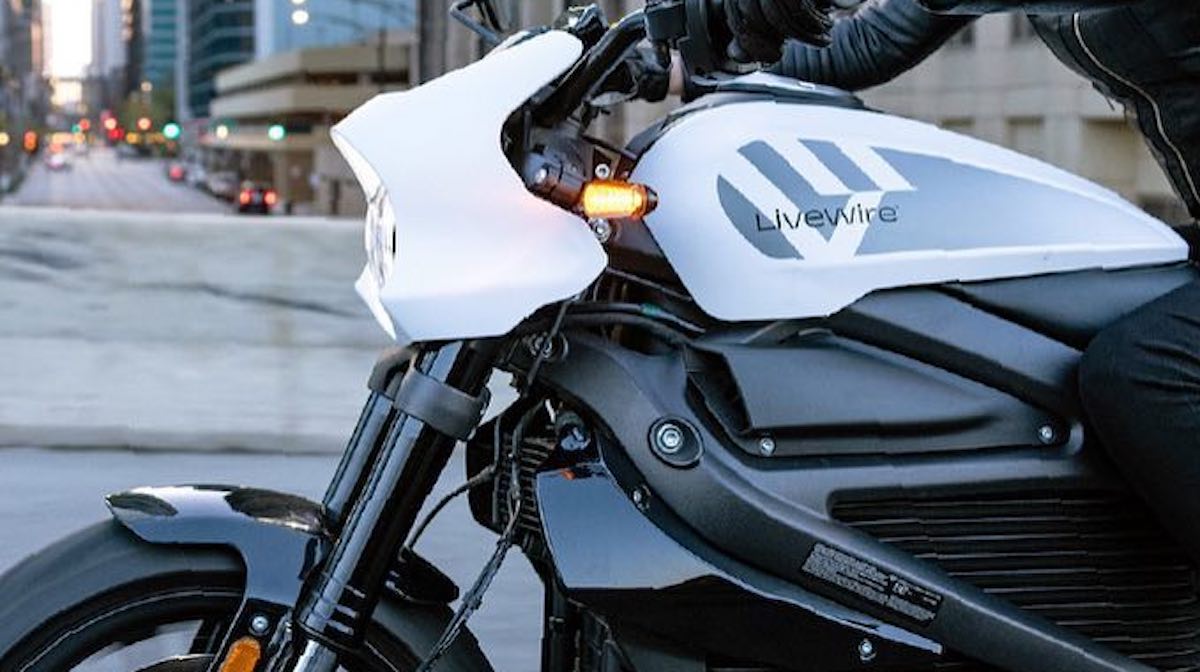EV campaign group asks for VAT reduction on charging station electricity
A letter sent by the EV campaign group FairCharge to the Chancellor has asked for a reduction in the VAT on electricity at public charge points.

Operators of public electric charging stations have asked the Chancellor to reduce the VAT on on-street electricity to encourage more people to switch to EVs.
While domestic electricity - i.e. that used in your home - is subject to 5% VAT, that used at public charging points is subject to 20% VAT. A group of charging station operators have asked for that to be changed.

Of course, for those people who are able to park their electric motorcycles or cars off the street, this is less of a problem, because they have straightforward access to domestic electricity supplies that they can use to charge their electric vehicle’s (EV) batteries.
Additionally, many electric two-wheelers - especially scooters - have removable batteries which can be easily charged at home and therefore more cheaply even if there is no off-street parking at the owner’s residence.

But, this is not the case universally, and especially when considering cars or - more importantly to us - motorcycles with large, non-removable batteries.
In the cases where a person owns a motorcycle with a non-removable battery and cannot charge it at home, they are subjected to that 15% VAT increase. But, further to that, those who are riding larger distances will also be subjected to the larger VAT should they need to recharge mid-journey.
A letter to the Chancellor from the EV campaign group FairCharge - backed by 23 public charging point operators - asked for a reduction in the VAT on electricity taken from public charging points. It said that the high VAT at public charging points is having a negative impact on the government’s own ambitions of transport decarbonisation.

“We write to highlight the severe threat that high and volatile electricity costs are having on the Government’s stated ambitions to decarbonise transport with the switch to electric vehicles and your ambitious plans for the development of a comprehensive public charge point network,” the letter said.
The letter continued to say that the “high and volatile wholesale electricity prices,” have led to “unprecedented uncertainty” in the public charging sector.
As we have found out on several occasions in recent years - from the period immediately after the Brexit referendum to the recent ‘mini-budget’ announced by the Chancellor - uncertainty does not inspire market confidence.
As a result of the uncertainty, therefore, investment plans could be “undermined,” the letter says, and “the current high price of electricity threatens consumers’ willingness to be part of the transport decarbonisation revolution by switching to EVs.”
_0.jpg?width=1600)
The letter describes a reduction in VAT for public charging point electricity as “one quick solution,” which would “immediately feed through to a reduction in prices,” and “would remove the current VAT anomaly that results in those living in terraced houses or flats who need to use our networks who pay 20% VAT as opposed to those with the ability to charge at home who pay 5% VAT.”
The letter was sent to the Chancellor, Kwasi Kwarteng, just over one week before the meeting of OPEC+ on 5 October which resulted in global oil production cuts of 2 million barrels per day, which is likely to increase the cost of fossil fuels at the pump.

